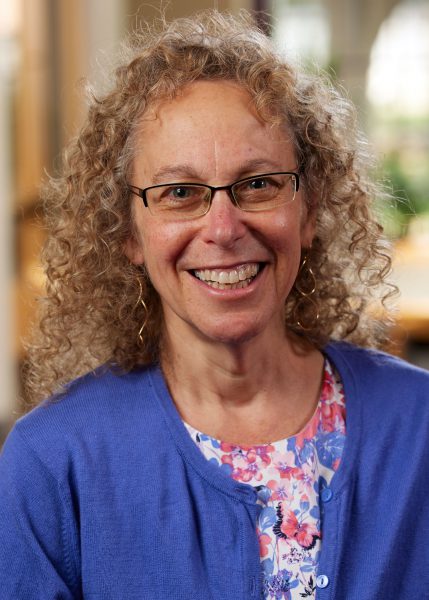What do students do in this clinic?
Act as third-party neutrals mediating cases from Ramsey County’s Conciliation Court (which handles small claim disputes up to $15,000) and Housing Court (which handles eviction disputes). Students begin by observing mediations and court sessions and then move into co-mediating cases before acting as solo mediators.
FAQ
-
What happens in the classroom component?
In-depth discussion of topics related to ethics in mediation, implicit bias, and the role of law in mediation; case rounds; practice components; and guest speakers.
-
What do students learn in this clinic?
Mediation Clinic students get practice in identifying the needs and interests of disputing parties and helping craft creative solutions to resolve conflicts. By observing courts and interacting with lawyers, students also learn valuable lessons about professionalism.
-
When is this clinic offered?
Every spring and summer. Students need to contact Professor Press to get the advance consent of instructor to enroll.
-
How many credits?
Two–three credits
-
Are students permitted or encouraged to take this clinic for additional semesters?
No
-
Are there any required or recommended pre-requisites?
Students must have previously taken or be concurrently enrolled in Mediation or Family Mediation.
-
Can students with full-time jobs take this clinic?
Students must be available to mediate on a court docket, 1-2 half-days a week. Mediation dockets vary, but typically begin in the morning and last 2-3 hours.
-
Can students who live outside the Twin Cities take this clinic?
Yes. Mediations will be conducted HyFlex, so the clinic is open to BAM and blended students if the student has some availability during the day. -
Who should take this clinic?
Students who are completing the Certificate in Conflict Resolution Theory and Practice; students who expect that representing clients in mediation will be a part of their practice; or any student who wants to develop the basic problem-solving skills that underlie all lawyering.

